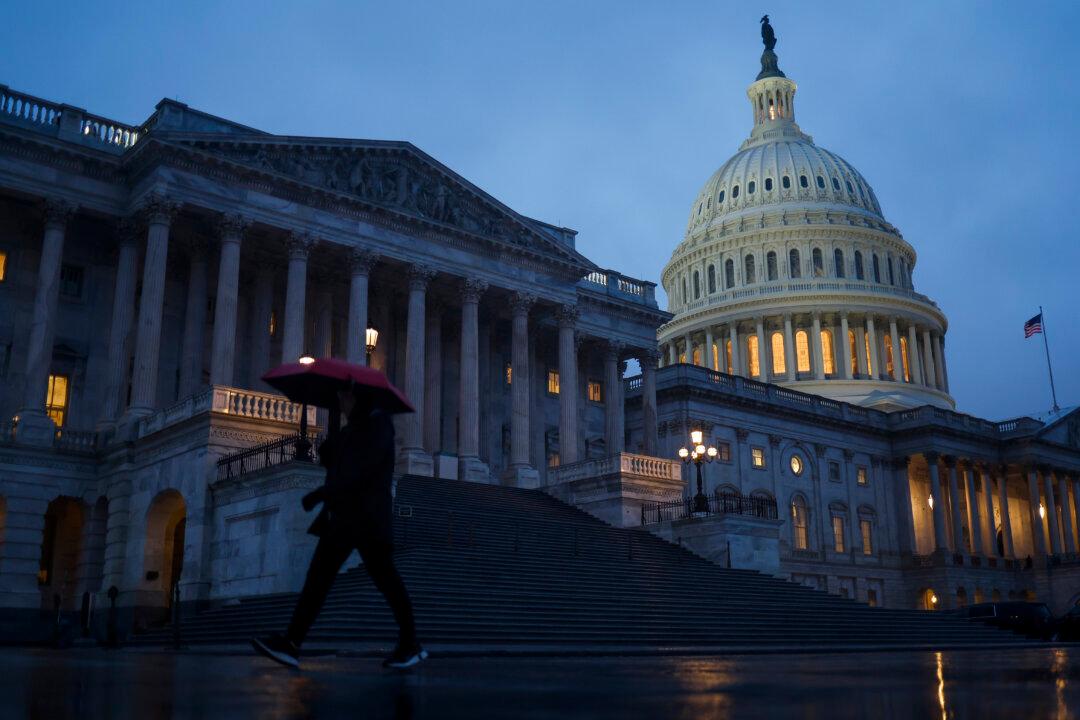In yet another last-minute attempt to avoid a government shutdown, both the Senate and the House approved a massive $1.7 trillion spending bill, which has frustrated many, including commentators, policy experts, and the general public.
“This bill is further proof that Republicans and Democrats can come together to deliver for the American people,” President Joe Biden said in a statement on Friday before signing the bill into law.





